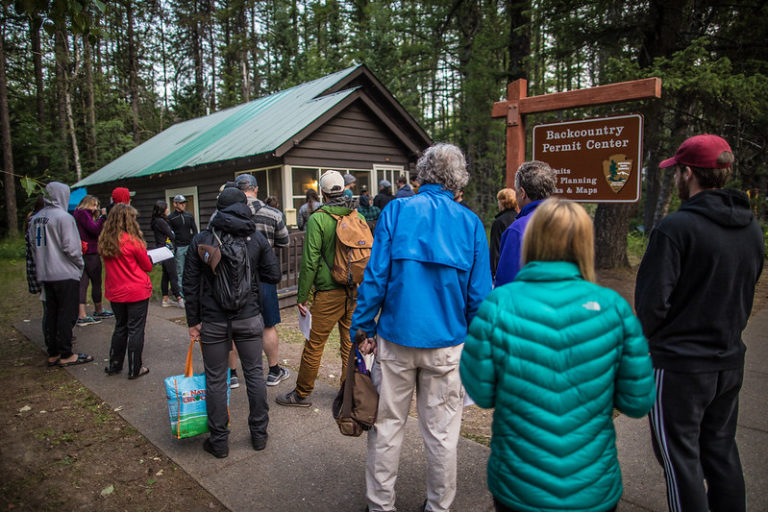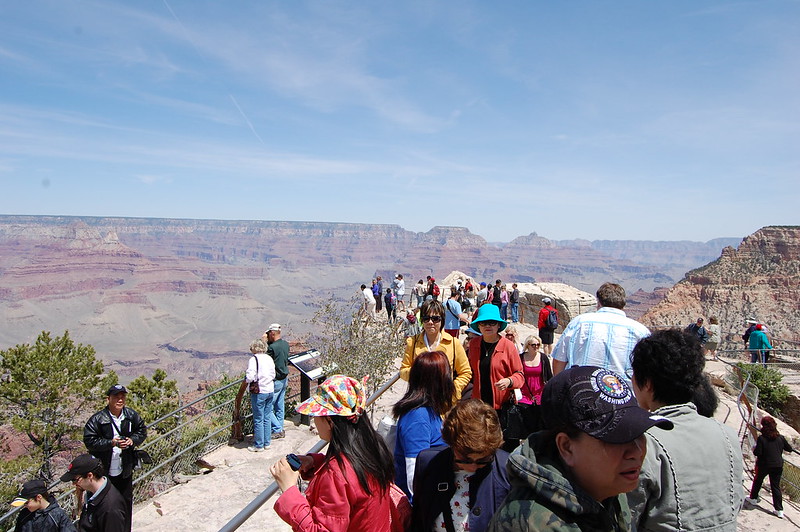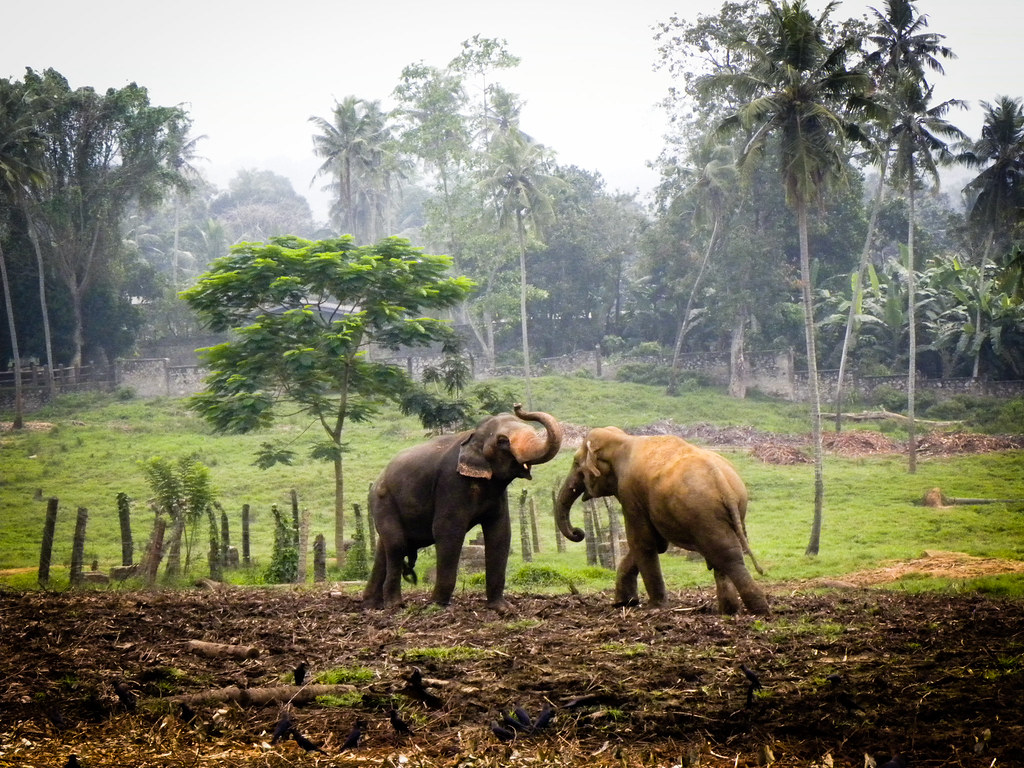More people are visiting national parks amid the COVID-19 pandemic, but green tourism, which is the way to describe its turn to nature, carries a significant environmental risk. France’s national parks are seeing a massive influx of tourists this summer, which some park administrators are now deeming an environmental threat.
With the rise of green tourism over the last decade, national parks have become increasingly popular travel destinations. But the pandemic marked a shift in the importance of national parks as a recreational space, it made them an ideal getaway for domestic tourists across Europe and the United States amidst international travel restrictions and social-distancing measures.
Recently reopened to the public, some national parks across the United States have already set new monthly records and many sites are gearing up for their busiest years on record. In France’s Ecrins National Park, eco-meters placed on hiking trails recorded 30% more visitors in the summer of 2020 from the year before, with an even bigger increase expected this summer, according to nature trail bookings.
Green Tourism Leads to Overcrowded parks
Reports of jam-packed parking lots, hikers’ and bikers’ traffic jams, and waste – the eponymous sign of human encroachment – suggest that France’s national parks have reached a tipping point.
Unable to cope with the droves of visitors, some parks have resorted to unconventional crowd control strategies. In Calanques, a national park on France’s southern coast which saw a sharp increase in domestic tourists early last year, officials are running a “de-marketing” campaign, warning visitors of the cold water and beaches that are “difficult to access, cramped and invaded by crowds” on the park’s official website.
Officials have even begun asking Instagram influencers to take down photos of Calanques’ scenic shores. To park rangers, the signs of environment degradation are already apparent; the pines that once encircled the bay have gradually disappeared due to erosion caused by visitors.
A large part of the problem, Michaël Weber, president of France’s Federation of Regional Natural Parks tells Le Monde, is the poor observance of park rules and regulations. Many tourists are not accustomed to the idea that being in a protected area requires a specific set of behaviours to preserve a fine ecological balance. It’s therefore not surprising that Calanques’ park rangers wish they could attract more tourists with an interest in nature and biodiversity, over the typical holidayer just out to have fun.
When Tourism Serves Conservation
But tourism can also play a role in conservation. Human activity is so entwined with the natural world that even its absence can disturb natural habitats. Take, for example, the Swedish island of Stora Karlso in the Baltic Sea, where breeding rates of the common murre, a small black and white bird, dropped by more than a fifth since the pandemic. With no crowds to contend with, birds of prey flocked to the island, startling the smaller birds and leaving their eggs vulnerable to gulls and crows.
The revenues generated by park tourism are also a boon to local economies and help sustain conservation efforts in countries with limited resources. While European and North American parks have been saved by their domestic markets, elsewhere in the world, nature-based tourism has plummeted. Nature conservations in the global south, which are heavily reliant on international tourists, have been severely affected, and many have had to stop operations.
Related Articles: The Great American Outdoors Act: Conserving America’s National Parks | Soaring Cost of COVID for Communities and Conservation
The slowdown in global economic activity gave respite to animal and plant populations around the world, but the impact of COVID-19 on conservation is complex and uneven. Among those adversely affected are communities that live in and around nature reserves, those whose existence is bound up with the surrounding wildlife, such as these farmers-turned-community rangers in Kenya. Not only are they dependent on the revenues that park tourism brings, as the people who live closest to wildlife, they are often its first line of defense.
The disparity points to fundamental differences between national parks in Europe and North America, and those more commonly found in Asia and Africa, where different human settlement patterns, among other historical factors, meant that national parks void of human inhabitants struggled to take root.
Best Practices
National parks have always been contentious spaces, historically driven by a different and often competing set of political, economic, and scientific interests. The pandemic has brought these tensions into focus, but it can also prompt the green tourism industry to strike a better balance between economic activity and environmental protection, before it becomes a victim of its own success.
Education is an important tool that park administrators can utilize to make visitors more aware and respectful of nature, as one overcrowded national park in the United States has found out. By moving away from promotional marketing towards a “Destination Stewardship” campaign, Glacier National Park in Montana hopes to attract visitors with an appreciation for nature and a commitment to responsible tourism.

Education and long-term research are central to conservation efforts and should be integrated into national park management, according to one study. Best practices include abundant informational resources, interactive and immersive learning experiences, and usable education areas. Incentives are also required to “facilitate long term behavioural change” in and around protected areas. One example is the certification program implemented by the Biosphere reserve in Germany, which allows establishments to charge visitors higher prices for sustainably-produced, locally-sourced products.
Interventions that can change consumer behaviour are more critical now than ever as park administrators confront the challenges of over-tourism and governments move to create new protected areas, largely driven by the desire to attract tourists. National parks stand to benefit greatly from programs that reward environmentally-friendly behaviors and practices geared towards preserving natural landscapes and empowering the communities around them.
Editor’s Note: The opinions expressed here by Impakter.com columnists are their own, not those of Impakter.com. — In the Featured Photo: A Crowded Grand Canyon Viewpoint. Featured Photo Credit: Ben Clark.










